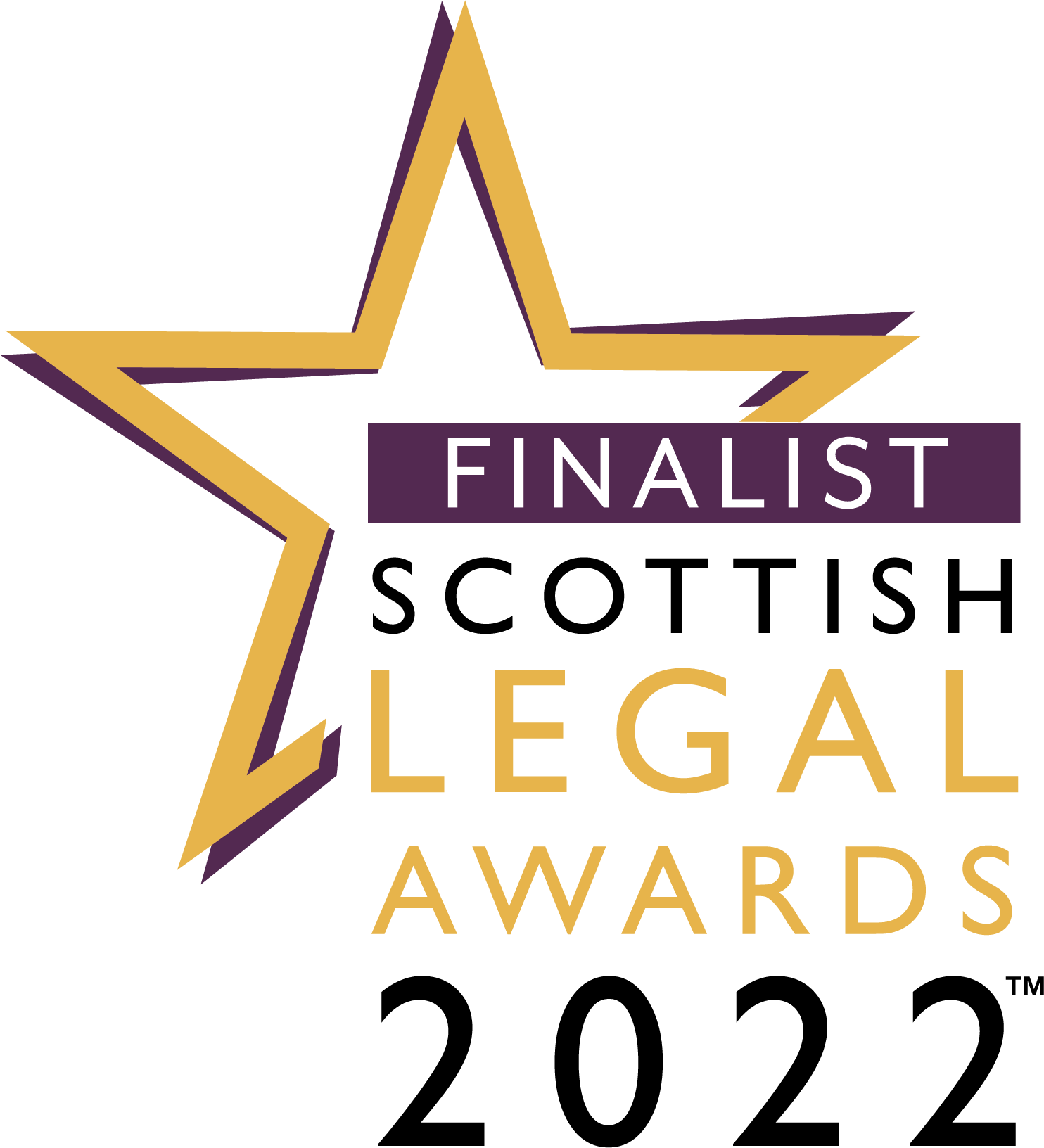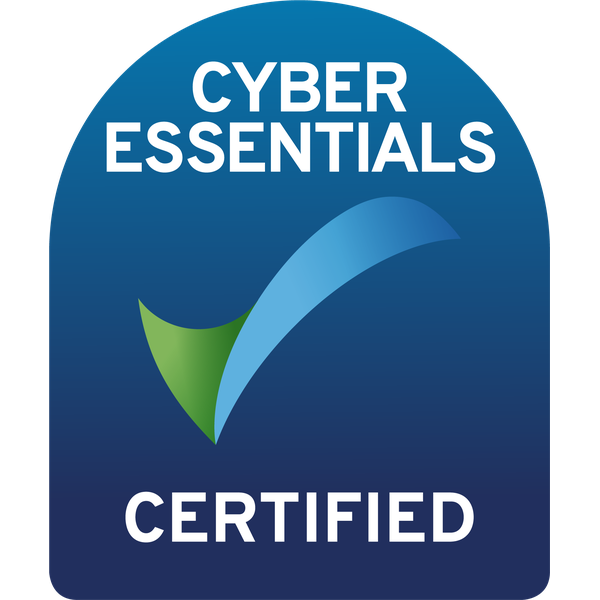Written by:

Grant Yuill
Head of Marketing & Customer Engagement
Law firms significantly rely on electronic communications for day-to-day operations in today’s fast-paced digital economy. Understanding and identifying between “privileged communication” and “confidential communication” is more important than ever before. When electronic communications are freely shared, they are vulnerable to mistreatment and sabotage. As stated further below, the repercussions can be severe, including damage to the solicitor-client relationship, reputational harm, and significant disadvantages in litigation.
That latter statement is very chilling. Inadvertent exposure of solicitor-client confidential information is not only easier in the technological era, but the consequences can be far more serious. As a result, I feel that privileged communications, more than anything else, require near-perfect protection. Think about the scenarios below if you don’t trust me.
But first, let’s look at the minor but significant differences between privileged and confidential information. Following that, we’ll discuss what can happen when highly privileged information does escape. We’ll next examine some of the greatest security methods and policies you can use to protect your clients’ information in an ever-changing digital world.
Is Privileged Communication the same as Confidential Communication?
The phrase “privilege and confidential” is used so frequently in legal circles that it’s easy to forget these are two distinct principles. So, before we go into how to protect both types of information in the digital age, let’s go over the distinctions and similarities between the two.
Privileged Communications
The solicitor-client privilege protects confidential communications between an attorney and their client from being forced to be disclosed in a legal environment, such as a trial or other quasi-judicial action. To be protected, these conversations must be relevant to the representation’s subject matter. Conversations, emails, texts, and other kinds of communication are all covered by this privilege.
However, in order for the privilege to apply, the legal advice provided by the solicitor to the client must be included. For example, if a solicitor defends a client who is being sued for carelessness, any private communications regarding the case are protected. If, on the other hand, those two people discuss their golf scores at a meeting, that information is not confidential.
The purpose of this privilege is to encourage open and honest communication between clients and their legal representatives. Knowing that their conversations cannot be used as evidence against them, clients are more likely to be honest, providing their solicitors with all the information they need to properly represent them.
However, there are certain exceptions. For example, the client, as the privilege holder, can waive it. The privilege may also be waived if a communication is sent to third parties who are not relevant to the protected attorney-client relationship, or if the client exposes the privileged information to another person.
This means that both lawyers and clients must be extremely cautious about who has access to their confidential electronic correspondence. Assume a solicitor sends her client a text message about a perhaps damaging document in litigation. The client then passed the email to his nephew, who is a law student but is not licensed and has no legal link to the case. That’s simple and somewhat understood, right?
Unfortunately, the seemingly harmless conduct may constitute a waiver of the attorney-client privilege with regard to the underlying text’s subject matter. Take a moment to think about that.
Confidential Communications: an even bigger ethical responsibility
While all solicitor-client privileged communications are confidential, not all confidential communications are privileged. Confidentiality is a larger concept that encompasses practically all information relating to a client’s representation. This information ranges from fundamental case data to minor facts such as a client’s contact information or the fact that an individual requested legal help in the first place.
Solicitors are bound by an ethical duty to maintain confidentiality. Even if evidence is not privileged, a solicitor may be ethically prohibited from disclosing it under certain circumstances. This duty also ensures clients can have trust in their lawyers, but it is not absolute.
While each legal jurisdiction has its own laws regarding confidentiality, all include exceptions, such as when the solicitor must release the information because there is a crime about to be committed, As a result, it is essential that both you and your client understand the exact rules and exceptions that apply in your area. These can be referenced for Scotland, for example, at B 1.6: Confidentiality Generally – Law Society of Scotland
Managing the conflict between Privilege and Confidentiality
Due to the overlapping nature of privileged and confidential communications, identifying one from the other can be difficult in reality. Consider the following example: During a consultation, a client discusses prior wrongdoings with an solicitor, seeking guidance on any legal ramifications. This conversation is both privileged (protected from revelation in court) and confidential (the solicitor cannot reveal it to others unless a particular exemption is made).
Assume, however, that the same client casually discloses during a social event that they were thinking about declaring bankruptcy. In that situation, that piece of information is kept private. It cannot be shared with others, but it may not be protected as a privileged communication if it is used in court.
Here are some more examples:
- A client discussing a business strategy with their solicitor is a confidential conversation. The solicitor, on the other hand, seeing the client in a restaurant and keeping the meeting private is a matter of confidentiality, not privilege.
- Email conversations between a solicitor and a client about a case are protected. However, without any discussion substance, the fact that the client attended the solicitor’s office remains confidential but not necessarily privileged.
The difference may be required where, for example, the timing of the client’s first consultation with a lawyer damages the client’s position in future legal proceedings. In rare cases, the lawyer may be compelled to testify about the timing of the initial meeting. However, without unusual circumstances, the lawyer would not be forced to testify about the privileged discussions that took place during that encounter.
Why understanding the differences between “privileged” and “confidential” is more important in the digital age
Understanding the difference between “confidential” and “solicitor-client privileged” information is more important than ever in today’s tech-dependent economy. To demonstrate this concept, consider what we just described. While almost all information a lawyer has about a client is considered confidential, only certain interactions relating directly to legal advice or representation are protected by the privilege shield.
After all, the privilege protects a client from having to reveal sensitive conversations in court.
In some cases, even an unintentional revelation will constitute a waiver of the privilege – not only for that specific piece of information but for all subsequent communications (a “subject matter waiver”). This mistake can destroy a client’s position in court, as previously protected information may now be introduced as damaging evidence.
Assume your client, a business owner, has been sued for sexual harassment. You had extensive email conversations with the client about any prior sexual misconduct charges against him in the early stages of your representation.
The client eventually acknowledges that this is the third employee to take legal action, but that he made all previous charges “disappear with a big cheque and a non-disclosure agreement.” You react to that email with a text message that states, “I’m not sure our pursuer will respond to a settlement offer the same way your previous employees did.” The client sends your text to his friend/bookkeeper, asking, “How much money do we have to spend on this case?”
Your client may have just opened the floodgates for the pursuer to find out all of your previously confidential conversations on the subject of earlier sexual misconduct complaints in the three seconds it took him to transmit your text. Worse, your client’s waiver of the privilege overrides your ethical obligation to keep this information confidential.
It’s no surprise that many litigators get heartburn when they realise how swiftly and blindly the privilege can be lost. Even if the client induced the waiver in our example, the situation is potentially harmful to the solicitor’s professional reputation.
What if the press ran a story with the headline “Billionaire loses sexual harassment case after texts and emails with their legal counsel or solicitor are admitted at trial?” Regardless of who was responsible for damaging the privilege, this type of press would almost surely result in lost revenue and injury to the firm’s reputation in the legal profession.
That is why, with its convenience and speed, the digital age requires an added layer of monitoring from legal professionals to make sure that privileged information remains secure.
Managing confidentiality and privilege in the digital age
So, let’s talk about how to protect this quickly shared information. We are all aware that the promise of digital tools and platforms – efficiency, accessibility, and innovation – is attractive. But hiding in their shadows are threats to data privacy, client confidentiality, and the attorney-client privilege.
As a result, it is essential for solicitors to establish practical solutions for preserving these fundamental pillars. Let’s dig a little deeper into this modern maze by identifying potential concerns and then providing solutions for maintaining the security of digitally transmitted data.
#1. Focus on educating clients
Because your clients are the exclusive owners of the solicitor-client privilege, their decisions about whom to share digital information with are especially important. The nightmare scenario described above exemplifies how easily a client can destroy the privileged or confidential nature of communications in the digital era. As the solicitor, you must ensure that your clients are aware of all of the simple things they can do electronically that could compromise their case.
Furthermore, even the most knowledgeable clients might not always understand the nuances underlying the security offerings of various communication channels, nor do they always know the full repercussions that result when sensitive information or personal data is leaked.
As part of your training process, teach your clients. Inform them on how their electronic behaviours may affect your ability to protect sensitive and secret information. Make sure they use secure communication techniques, emphasizing the need for digital security measures to safeguard confidential data.
#2. When opportunity meets responsibility
Modern legal practice tools have an unmistakable charm. They offer improved communication, case management that is more organised, and even predictive analytics. There is, however, a risk of data breaches, unwanted access, and potential misuse for every advantage.
Conduct extensive study and obtain references from other law firms that have successfully used these tools before incorporating any new tool or platform. Learn who created the tools and why, check online evaluations, and evaluate security protocols. A digital gadget should not only be novel; it should also be useful and secure.
#3. Encryption
Encryption, in its most basic form, is a method of modifying text such that unintended recipients cannot interpret the plain words that have been transferred. Encryption is no longer an option in today’s digital world; it is a requirement. Whether it’s client correspondence, case information, firm papers, or internal team discussions, the confidentiality of the data is dependent on adequate encryption.
Choose platforms that use end-to-end encryption. However, there must be more measures in place than just using those sites. Users must update software on a regular basis since many upgrades address security concerns. Make certain that everyone on your team understands the necessity of encryption and is careful about avoiding unencrypted forms of communication.
#4. Audits and Guidelines
While digital platforms have made communication easier, more accessible, and secure, they have also generated ambiguity when it comes to securing these conversations. Not every email, message, or video chat is automatically protected by the attorney-client privilege, especially if you have the habit of “cc’ing” or “bcc’ing” others on every interaction.
While it may be appropriate to cc an attorney’s administrative assistant on a privileged email (if maintaining the confidentiality of such emails is part of the assistant’s known and regular duties for the firm), it may not be appropriate to cc the client’s administrative assistant – especially if the email concerns litigation involving another of the client’s employees.
Create clarified internal guidelines outlining the bounds of privileged communication in the digital domain. Guidelines should include physically typing out each email recipient’s entire email address so that auto-fill capabilities do not allow sensitive client information to fall into the wrong hands and not forwarding sensitive customer information to personal email addresses. Then, ensure that these principles are not just documented, but also engrained in the team’s operating procedures. Regular audits can help to reinforce these procedures.
#5. Continuous learning
Let’s face it: technology is constantly evolving. As tools evolve, so do the hazards they may pose. It is critical that your entire organisation, from IT specialists to partners to interns, be up to date on the latest policies and hazards.
Remember that solicitor standards have for several years now, compelled lawyers to stay current on legal technology improvements. A comparable requirement now exists in most jurisdictions’ laws. As a result, declining to participate in relevant learning opportunities is not only dangerous, but it may also violate your ethical obligations as a solicitor.
Invest in continuous learning. Hosting workshops, paying for online courses, or sending important workers to relevant conferences are all examples of learning opportunities. Take advantage of regular training opportunities provided by reputable providers. Encourage a culture of curiosity and learning to guarantee that everyone on your team is up to date on the newest legal technology and its ramifications.
#6. Navigating Ethical Issues
Digital developments frequently exceed the growth of legal guidelines. As a result, present regulations may require explicit direction, and the ethical compass gets muddled.
What do your lawyers do, for example, when they need to email a client but are aware that the client’s communication is often checked by her secretary before being printed and handed over? The answer, of course, is in the first onboarding education you deliver to clients. Ensure that all solicitors in the firm are following this important part of client education.
Set up regular ethical deliberation sessions to talk about and state the problems that might come up with digital tools. Encouraging such open discussions can lead to collective decision-making aimed at fiercely protecting privileged and confidential information. Before these meetings, encourage your colleagues to examine recent documents on the intersection of law, technology, and ethics so that you have a starting point for focused discussions.
The legal profession’s future remains bright in the digital age. Every day, new technology enters our sector. Every advancement, from advanced technologies like artificial intelligence to simple platforms like social media, increases the possibility that the sanctity of privileged and secret information will be jeopardised.
Law firms may not be able to sustain the ethical traditions that define the profession if they do not approach this new frontier with caution, curiosity, and devotion. It is our responsibility to develop fresh strategies for this new reality. Do you think you can handle the challenge?












